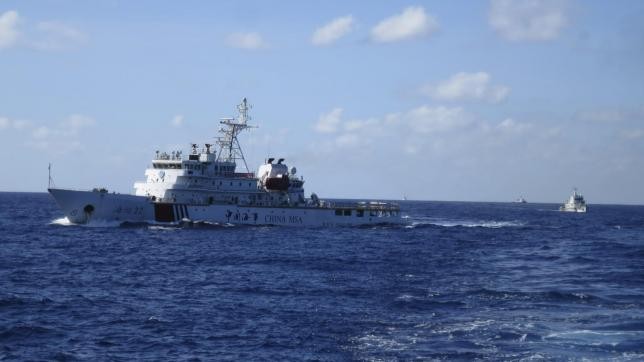The Philippines’ decision to resort to the UN Permanent Court of Arbitration amid a territorial dispute with China has drawn flak from Beijing once more as the international tribunal accepted Manila’s request for arbitration over the issue.
Both countries have ratified the United Nations Convention on the Law of the Sea (UNCLOS), where the complaint is underpinned.
China sees the move as a betrayal of the bilateral consensus on resolving territorial issues through one-on-one negotiations, according to a report by China Daily.
At a news conference in Beijing, Foreign Ministry Spokeswoman Hua Chunying mentions that the Philippine government's recent actions are contrary to its promises to uphold ASEAN's Declaration on the Conduct of Parties in the South China Sea.
Aside from encouraging peace and stability in the region through the cooperation on the basis of consensus, the declaration also states that disagreements must be solved by conducting friendly negotiations between sovereign states that are directly concerned in the dispute.
Last year, China's foreign ministry released a position paper on the South China Sea arbitration issue, which posits that the international tribunal has no jurisdiction over the case.
The paper contends that by rendering judgement on the issue, the tribunal must inevitably determine maritime rights and consequently, territorial sovereignty, which is the former's basis.
Since it is mainly a question of territorial sovereignty, China may resort to the optional exceptions to the jurisdiction of binding dispute settlement mechanisms, in accordance with Article 298(1) of UNCLOS.
"Based on the foregoing positions and by virtue of the freedom of every state to choose the means of dispute settlement, China's rejection of and nonparticipation in the present arbitration stands on solid ground in international law," an excerpt from the paper reads.
In 2006, China declared that it would not participate in the procedures concerning sovereignty issues.
Furthermore, the country believes that the Philippines is abusing the convention's dispute settlement procedures and that it would not tolerate a unilateral method of dispute settlement.






















